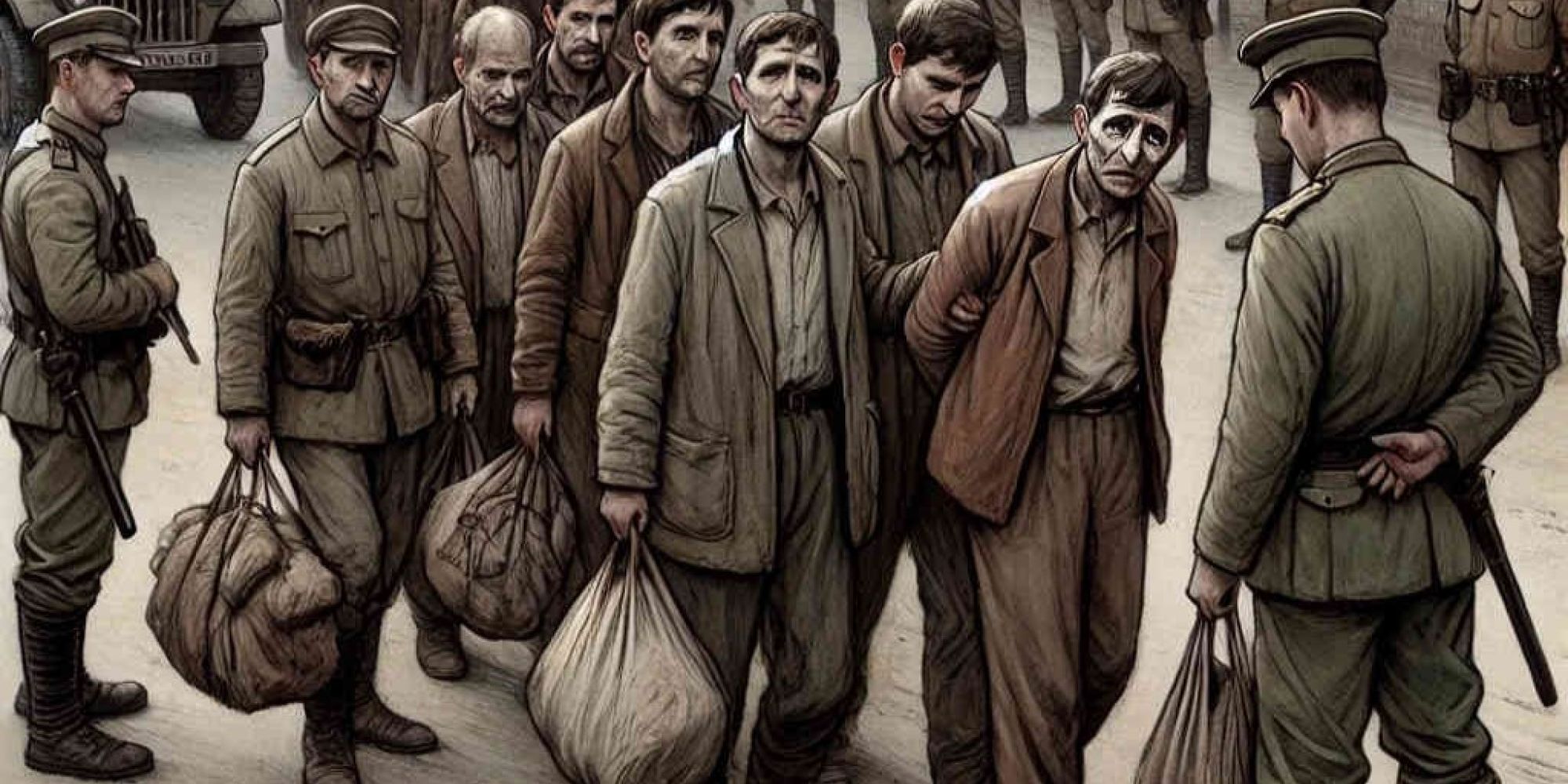
Germany: forced repatriation for Afghans who have already served short sentences
On August 30, a group of 28 Afghan citizens were expelled from Germany and repatriated to Afghanistan. The press did not report any protests against this measure and the newspapers were almost unanimous in their approval of the action of the German Ministry of the Interior in collaboration with most of the Länder (11), stating that dangerous criminals who had already been convicted and who had already served all or part of their sentences were expelled; some were rescued directly from prison.
Many newspapers reported the crimes they had committed (rape, sexual violence, armed assaults with a knife, while only one newspaper reported that some had convictions for drug dealing). In reality, most had been sentenced to relatively short sentences (2-5 years), while the headlines of the major newspapers gave the impression that they were real public dangers. In particular, emphasis was given to the expulsion of a man who had participated in a gang rape of a fourteen-year-old girl a few years ago; in reality, however, he had already served his sentence (he had only had 2 years of imprisonment).
Indice
ToggleHeavy climate for immigrants in a Germany that is veering towards the extreme right
The action, which took place only two days before the political elections in the states of Saxony and Thuringia, had actually been in preparation for about two months. Germany availed itself of the support of Qatar: the plane that left Leipzig was from Qatar, and on board there were not German security forces but Qatari ones. In this way, Germany can claim that it did not deal directly with the Taliban and that it had no direct relationship with them.
The repatriation is part of a national climate in which immigration and the problems associated with it have become current and burning issues. In particular, in recent months, public opinion has been shaken by two episodes of violence in which refugees were the protagonists. At the end of May in Mannheim, during an anti-Islam demonstration, an Afghan with no criminal record attacked people with a knife, killing a policeman; the target of the attack was a well-known right-wing activist, who was preparing to give a speech. On that occasion, Chancellor Scholz had spoken of the intention to deport the perpetrators of serious crimes, even if they came from countries such as Afghanistan and Syria.
On 23 August in Solingen, during the celebrations for the 650th anniversary of the city’s birth, a Syrian citizen armed with a knife killed three people and injured eight others “to avenge Muslims in Palestine and elsewhere”. Great controversy was caused by the fact that the attacker should have been expelled and sent back to Bulgaria in 2023 according to the agreements of the Dublin 3 Treaty, but that for bureaucratic reasons the expulsion did not take place.
Following the attacks, and especially the one on August 23, pressure has increased from many quarters on the government to implement policies to limit immigration and guarantee the country’s security. In recent days, still in the wake of the reactions to the attack in Solingen, the German government has approved a package of measures to limit the right to asylum and from Monday, September 16, controls at German borders will be reinstated – for six months (bypassing Schengen).
Germany also intends to continue its policy of forced repatriations. According to rumors that Federal Interior Minister Nancy Faeser has neither confirmed nor denied, her current visit to Uzbekistan together with Chancellor Scholz would also have the aim of making repatriations to neighboring Afghanistan possible while avoiding direct relations with the Taliban.
In the meantime, opposition parties are using the issue of immigration to profile themselves and attack government policy. In the last European elections, the far-right AfD party, which makes opposition to immigration one of the central themes of its policy, reached second place in Germany with 15.9% of the votes. The growing consensus for this party was also reflected in the results of the political elections of September 1 in Thuringia and Saxony, just two days after the repatriation of Afghan citizens: the AfD was the first party in Thuringia and the second in Saxony (by a handful of votes), while the new populist party strongly anti-immigration called Alliance Sahra Wagenknecht also had excellent results.
The failure of the rule of law
While the political landscape has not heard any voices against the expulsions, strong criticism has come from human rights organizations.
The secretary of Amnesty International Germany has criticized expulsion to a country that practices torture and does not respect human rights, saying that with the deportations to Afghanistan, Germany risks becoming an accomplice of the Taliban. Pro-Asyl, which fears that these repatriations could be a first step towards normalizing relations with the Taliban, spoke of a “failure of the rule of law” and recalled that in Afghanistan in the month of June alone, more than 60 people were flogged on charges of homosexuality. The humanitarian organization Medico International spoke of a government that in a climate of right-wing populism is hunting for votes “at the expense of the persecuted,” and warned that it is not known what the deportees will face after returning to Afghanistan.
